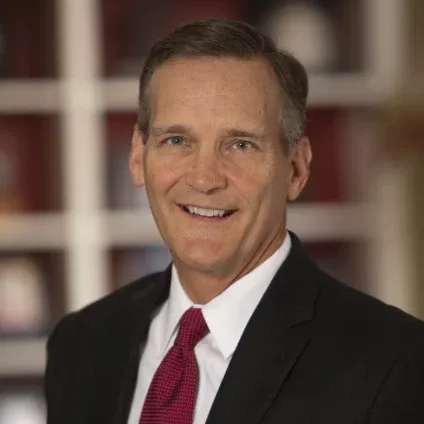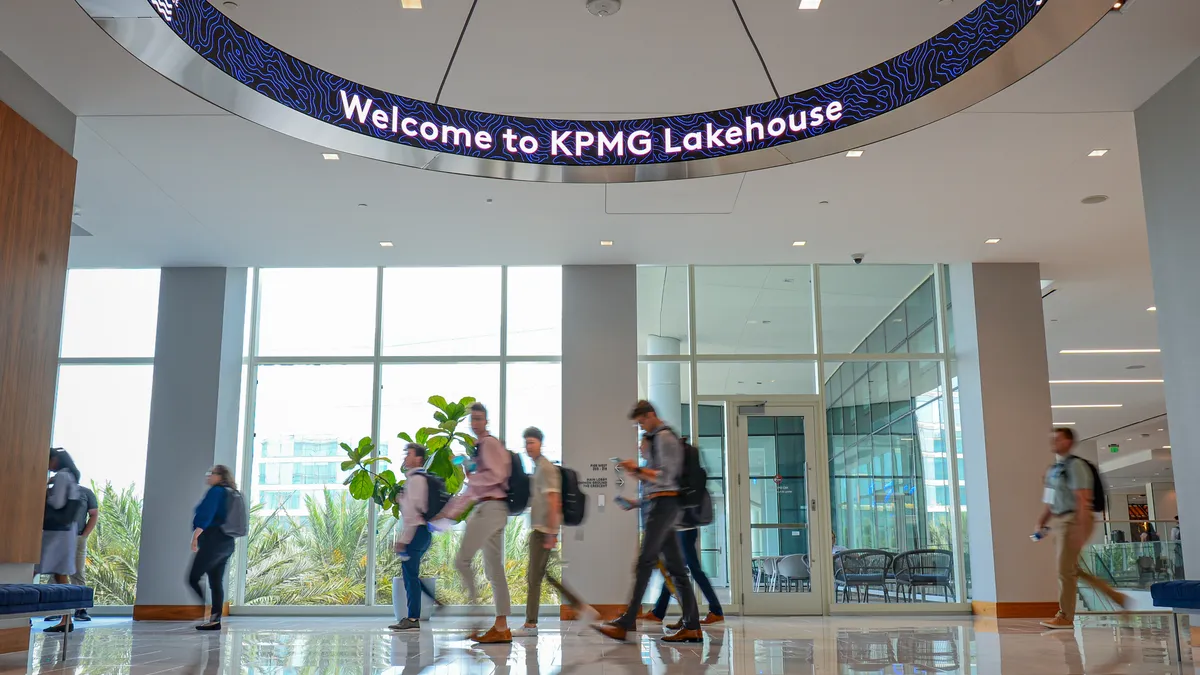KPMG’s Greg Engel likens the accounting profession to the turtle in the proverbial race with the hare — a turtle that’s seeking to pull ahead even as it competes with flashier industry sectors for workers.
The shortage of accounting talent is one of the main concerns keeping Engel — vice chair of tax in the U.S. for the Big Four accounting firm — up at night as he assesses the new year’s challenges, even as KPMG has undertaken numerous initiatives to ease the talent crunch.

At the same time, he sees a potential silver lining for his sector in the recent surge of layoffs in the formerly sizzling tech sector that has won over some college graduates who might have otherwise gone into accounting.
“A lot of people went to the technology sector because it was exciting. But now that Meta and Twitter and all these other companies are laying off people, kids going into college might go, ‘wait a minute, maybe KPMG sounds a little better than Twitter,’” Engel said in an interview. “Accounting is that boring, stable profession that doesn’t do as well in hugely expansive economies but does great when the economy’s on the downslide.”
Making accounting’s case
Historically, the Big Four accounting and consulting firms have mounted robust programs designed to recruit and train accounting students right out of colleges and major universities.
KPMG, along with PwC, Ernst & Young and Deloitte, hire thousands of graduates and students each year out of colleges, often training them through internships which lead to full-time jobs. Many of the certified public accountants go on to be controllers, tax directors and even CFOs. The entry level accounting salary range at such programs in the tax area can be roughly in the $70,000 to $80,000 range, depending on the market, according to some industry estimates.
“The hallmark of the Big Four was to train people really, really well,” Engel said. The longer employees stay at a firm, the better their prospects after they leave, Engel said.
That means an employee who leaves after a couple years could probably join a company’s accounting department at a lower level, he said. But if the employee leaves after rising to the level of senior manager, he or she could join the same company as controller — and those who leave as a partner might join as a CFO, Engel said.
CFO machine showing signs of wear
But the machine generating CPAs and CFOs has shown signs of wear in recent years. For one thing, KPMG has not been immune to the Great Resignation. It was hit by the surge in turnover that weakened the middle ladder rungs of its workforce. “There’s a kind of battle in the middle,” Engel said. The company responded in part by hiring experienced accountants from companies like Apple and Home Depot, he said.
At the same time, accounting has attracted fewer students in recent years. The total number of U.S. students completing a Bachelor’s degree in accounting fell about 8% in the 2019-2020 school year compared with the 2011-2012 period, shrinking to 52,481 graduates from 57,482, according to a 2021 report from the American Institute of Certified Public Accountants.
Priming the pipeline
Firms and accounting organizations have been taking deliberative steps in recent years to boost their case with talent and solve the talent shortage. For instance, the AICPA and the Department of Labor announced in November that they had teamed up to cultivate candidates and expand the pool of professionals, CFO Dive reported.
If students are not deterred by the accounting profession’s long hours and subdued reputation, they may feel reluctant to put in the credit hours required before taking the exam to become a Certified Public Accountant. That typically means a student will need more study beyond that of a four-year degree.
In an effort to make the extra course work pay off, KPMG worked with a number of universities to develop a Master in Accounting and Data Analytics Program that gives students the data analysis skills that are increasingly important in the field.
Recently, an additional seven universities were added to the program and KPMG has pledged to provide more than $7 million in scholarships. The schools added to the program included some historically Black Colleges and Universities such as Howard University School of Business and North Carolina Agricultural and Technical State University. Other universities that offer the program include Villanova University and The Ohio State University.
Separately, KPMG has teamed up with Engel’s alma mater, the University of Northern Iowa in Cedar Falls, Iowa, to help strengthen the accounting program and opportunities for students attending Des Moines Area Community College.
The company will also aim to provide internships to the students who often attend school at night or part-time, which can make it difficult to obtain the credit hours needed to become a CPA.
“We’re going to start adding people to the profession with two-year associates degrees,” Engel said, noting that similar programs are cropping up elsewhere. “We’ll give them a pathway to add the extra courses and programs they need.”




















